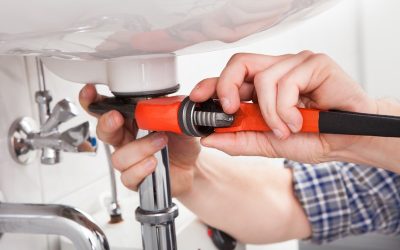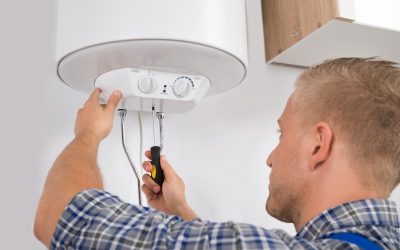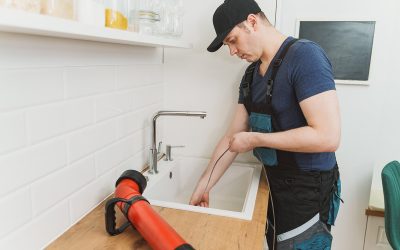One of the more unpleasant plumbing problems you might experience is a sewer backup. A sewer backup is not something that you can ignore and is easily preventable by carrying out regular maintenance. However, a backup can still happen, even under the best of circumstances. Here are some of the most common causes of sewer backups and what you can do to prevent them.
Heavy Rain
Sometimes, homeowners experience a sewer backup into the basement rather than the yard surrounding the home. This is most often caused when two sewer systems are connected and there has been a heavy rain. Usually, heavy rains cause backups in the main lines. There isn’t much you can do to prevent the rain, but it is always a good idea to make sure that either you or your plumber cleans out the drains and sewer system regularly.
Clogged Lines
Heavy rain is not the only thing that can cause a sewer backup. Sometimes, backups occur when waste, tree roots, grease or saturated ground clog the service lines. You can easily prevent this problem by carrying out proper maintenance. For example, do not forget to flush tree root killer down the toilet at least once a year.
Human Intervention
Unfortunately, some sewer backups can be caused by illegal placement of items in manholes and vandalism. As with heavy rain, you cannot prevent other people from engaging in such behavior, but there are simple measures you can take. For example, install gates and locks to prevent unauthorized people from accessing the drains.
Other Preventative Measures
You can stop a sewer backup by using simple devices such as a floor drain plug, a standpipe, an overhead sewer and a backup valve. Here is what each one does.
* Floor drain plug : Stop the sewer backup right where it is likely to start, in the floor drain. The floor drain plug prevents liquids from moving in either direction.
* Standpipe : An inexpensive alternative to a floor drain plug, a standpipe allows water to come up through the drain, but will stay in the pipe. This usually works in moderate backups, but will do no good during a more severe situation.
* Overhead sewer : A little more expensive than the two options previously mentioned, an overhead sewer works by intercepting the backup as it occurs. It is equipped with an ejector pump that moves sewage out through an appropriate exit.
* Backup valve : This will stop any water right in the sewer pipes and is fully automatic. It will also help with any surface flooding.
The best way to prevent a sewer backup is simply to make sure that you perform regular maintenance on your plumbing system. This will not only save you the expense of having to purchase a full sewer line replacement after a severe backup, but also the headache of having to deal with it in the first place.
Contact
With over 36 years of service experience, we have helped thousands of homeowners in the Chicago area with their plumbing needs. Our team of plumbing professionals consists of some of the most experienced and most qualified plumbers working today in the Chicago. These are top-notch plumbing technicians who can accurately diagnose and quickly fix any and all plumbing problems. Plumbing emergencies are our specialty!
Connect with us with on Facebook.


